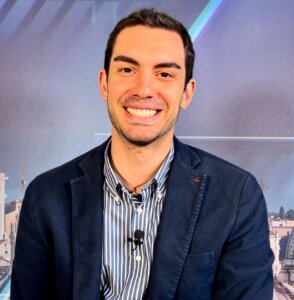First plans for Tree of Life memorial unveiled
The memorial to the 11 victims of the deadliest antisemitic attack in U.S history will feature elements honoring each life lost

Graphic by Angelie Zaslavsky
The initial designs for an official memorial dedicated to the 11 victims of the 2018 Pittsburgh synagogue shooting, the deadliest antisemitic attack in U.S. history, were revealed on Thursday.
The memorial, designed by Daniel Liebskind in collaboration with a working group composed of victims’ family members, communal leaders and congregational representatives, celebrates those lost and aims to foster community healing.
“It was through this collaboration that we created a memorial that celebrates those we lost and brings the families and the community together in healing,” said Libeskind, in a press release.
The memorial, part of the broader redevelopment plan for the Tree of Life site, will feature an outdoor space for communal use. The committee, which included a representative from each of the nine families of the attack’s victims, also worked with Liebskind to craft elements of the design to honor each of the 11 victims.
“I am grateful for a process that prioritized our hopes that our loved ones are remembered for how they lived, not solely for how they were murdered,” said Diane Rosenthal, a member of the working group and a sister of Cecil and David Rosenthal, who were among those killed in the attack.
The redevelopment plan also includes a building, designed by Studio Libeskind in collaboration with Rothschild Doyno Collaborative of Pittsburgh, that will house the Tree of Life congregation, an education and research center, and the nation’s first museum dedicated to exploring the historical roots and contemporary manifestations of antisemitism in the United States. The groundbreaking for the building is anticipated in 2024.

















